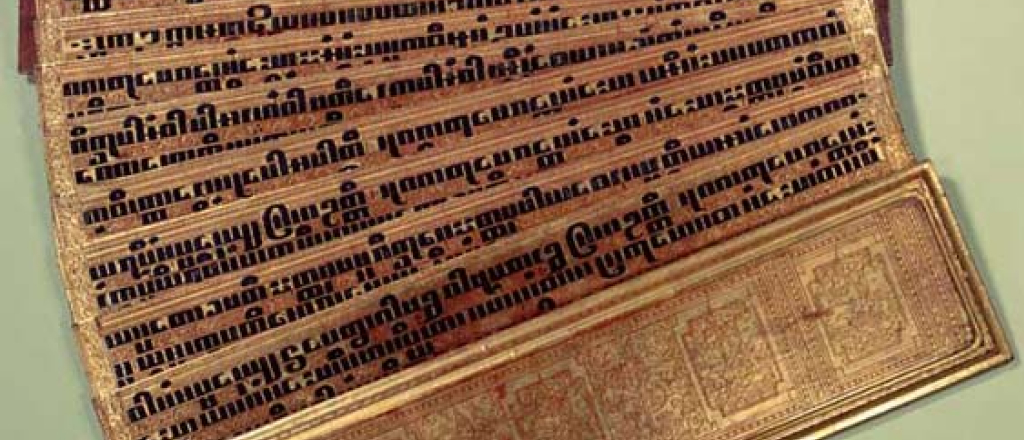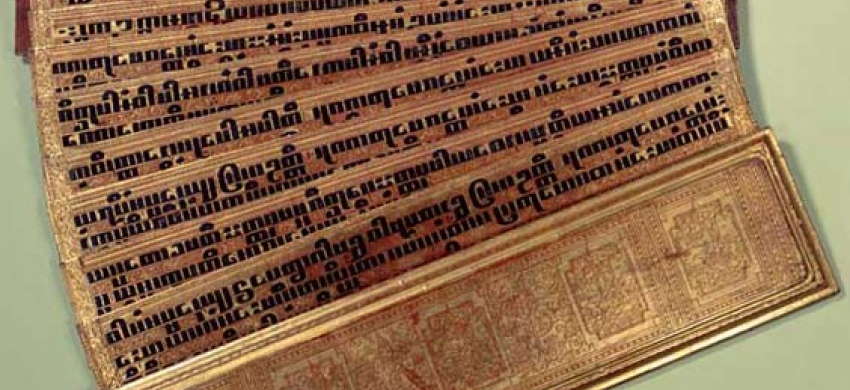PHILOSOPHY AND POLITICAL THOUGHT 1 AND 2: YEAR 1

This course, taught over two semesters, introduces students to transformative examples in the history of philosophy and political thought. It addresses fundamental and recurring questions about the nature of reality and how we know it — the nature of the self, consciousness, the gods or God, happiness, moral conduct, and the character of law, justice, and political order – as these questions have been asked and answered in classic works from different civilisations. Students persevere through difficult texts to read these works carefully, to dissect arguments into their constituent parts, to understand them in their various contexts, and to assess their truth. Students learn to persevere through difficult texts and search for insights in ideas that might at first seem strange.
Course Information
Here are some hard questions:
- How should we live individually and together?
- What is the nature of knowledge?
- What is the nature of reality?
- What is the nature of the self?
In this two-semester sequence, we take up these questions and many others. We do so by engaging with philosophical and political thought of figures in China, Greece, and India. We begin with ancient thinkers in Semester 1 and in Semester 2, we turn to modern and contemporary figures. These figures have started a conversation that has run for centuries; we will step into that conversation. Along the way, we will learn to be good thinkers: to appreciate historical context, to pose helpful questions, to develop sensitive interpretations, to evaluate arguments. We will learn to be good discussants: to listen attentively, to speak thoughtfully, to converse with the aim of understanding rather than impressing. And we will learn to be good writers: to express ourselves with clarity, precision, and brevity.
Sample Reading List
- Mòzǐ
- Mèngzǐ
- Zhuāngzǐ
- Xúnzǐ
- Plato, Republic
- Aristotle, Politics
- Epicurus, Letter to Menoeceus; Letter to Herodotus
- Bhagavad Gītā
- Śaṅkara, Commentary on the Gītā; Rāmānuja, Commentary on the Gītā
- The Questions of King Milinda
- Vātsyāyana, Commentary on Methods of Reasoning; Uddyotakara, Extensive
- Commentary on Methods of Reasoning
Course Information
In Philosophy and Political Thought 1 (PPT 1), we observed thinkers across various traditions develop distinctive responses to fundamental questions. In Philosophy and Political Thought 2, we will explore how later thinkers refine, challenge, replace, and revive some of these questions.
The works we will read together in this course raise questions about the nature of self and world, about our political and moral relationships to others, and about how different approaches to knowledge might impact those moral and political questions, and conversely. We’ll also look at the ways thinkers in modernity both draw on and attempt to overturn older traditions. Some questions we will consider include:
- What is the world and what is our place in it?
- What can we know and how can we know it?
- How is knowledge related to acting well?
- What is a state and what is its proper purpose?
- What is the relation between governing and the interests or rights of the governed?
These questions identify threads that run through the semester.
Sample Reading List
- Ibn Tufayl, Hayy Ibn Yaqzān
- Annaṃbhaṭṭa,Tarkasaṁgraha or A Primer on Reasoning
- Descartes, Meditations on First Philosophy
- Śāntideva, Bodhicaryāvatāra
- Hobbes, Leviathan
- Mill, On Liberty
- Nietzsche, Genealogy of Morals
- Liang, On Rights Consciousness
- Chen, The Constitution and Confucianism
- Zhen, On the Question of Women’s Liberation
- Gandhi, Hind Swaraj
- Arendt, Thinking and Moral Considerations: a Lecture
Featured Teaching Faculty
Contributing Faculty
- Elton Chan
- Gavin Flood
- Jay Garfield
- Nomi Lazar
- Cathay Liu
- Terry Nardin
- Bryan van Norden
- Nico Silins
- Robin Zheng




